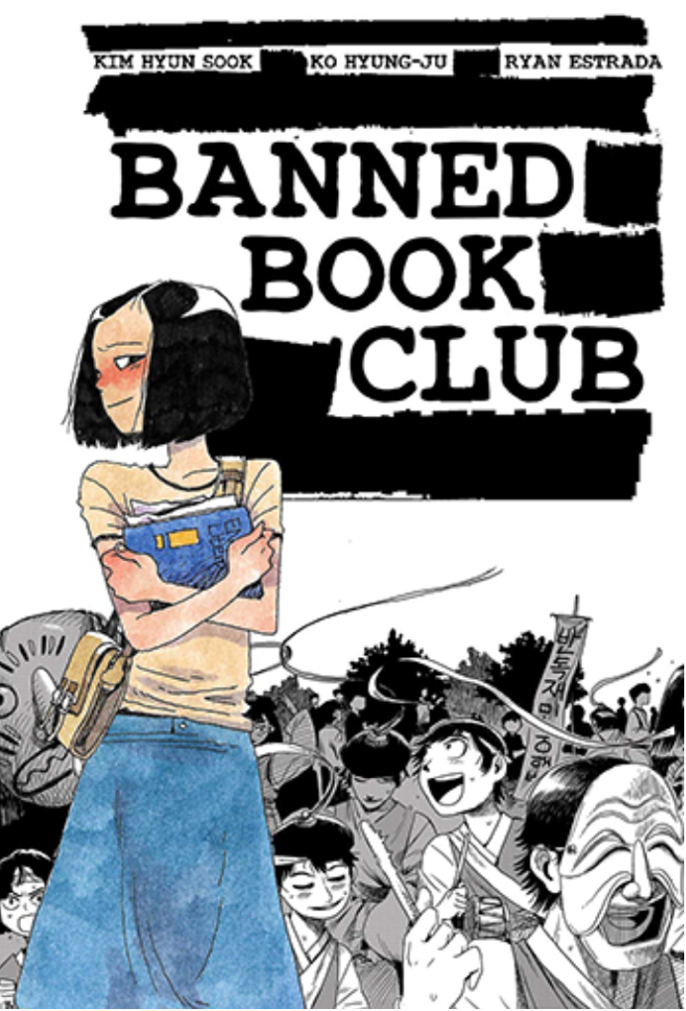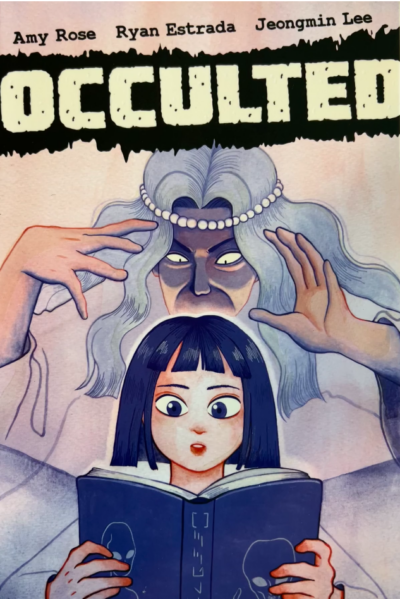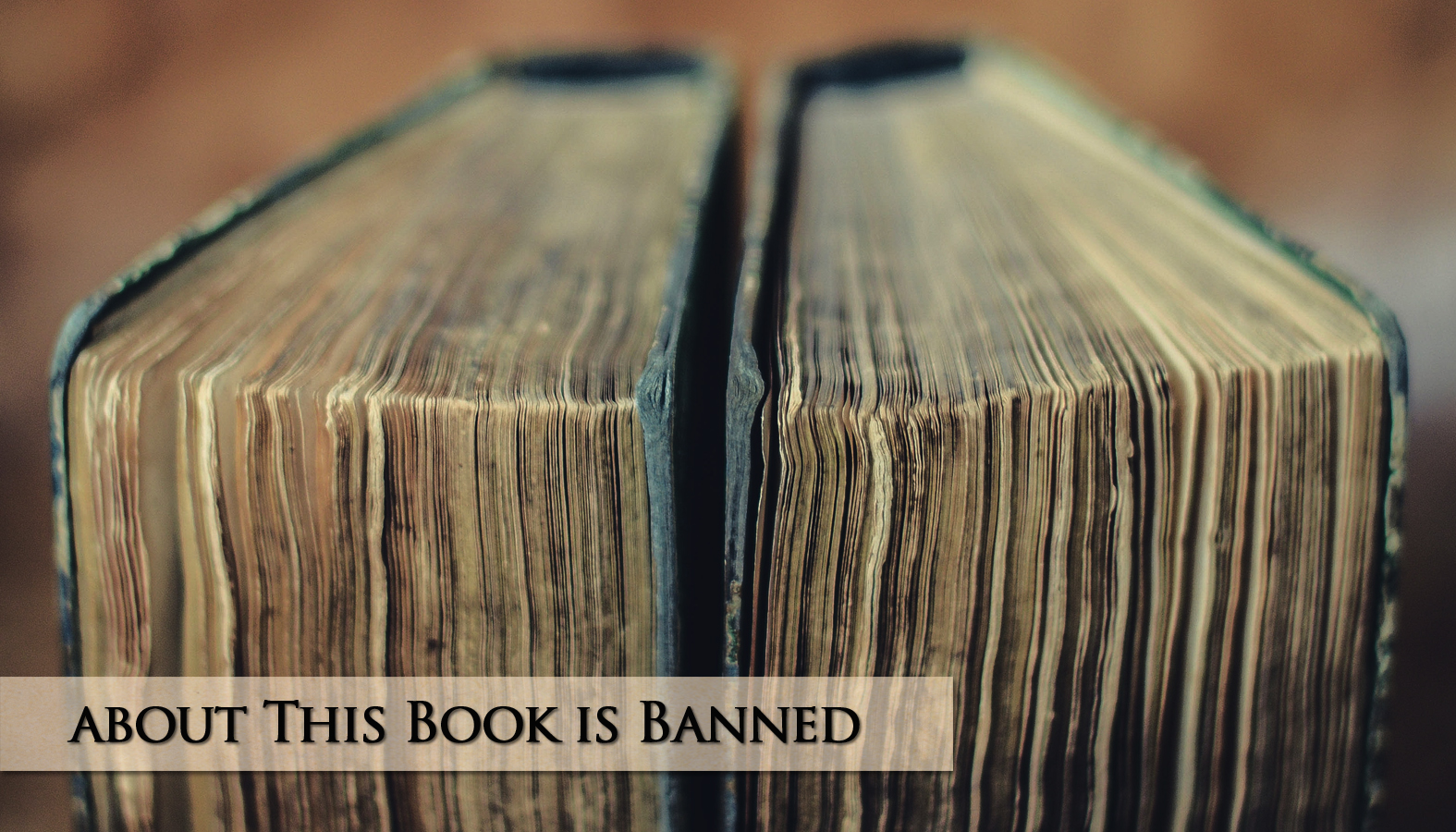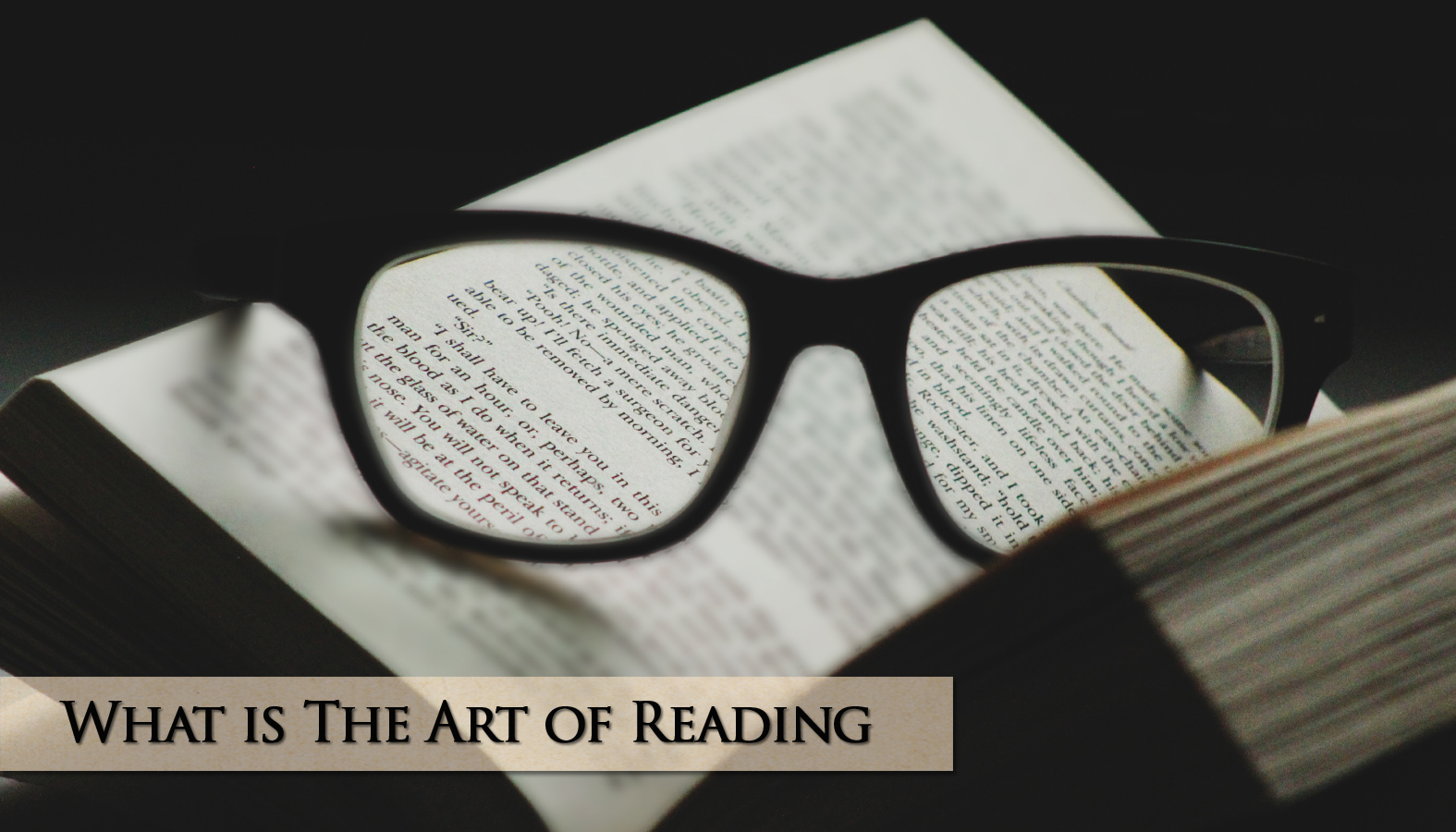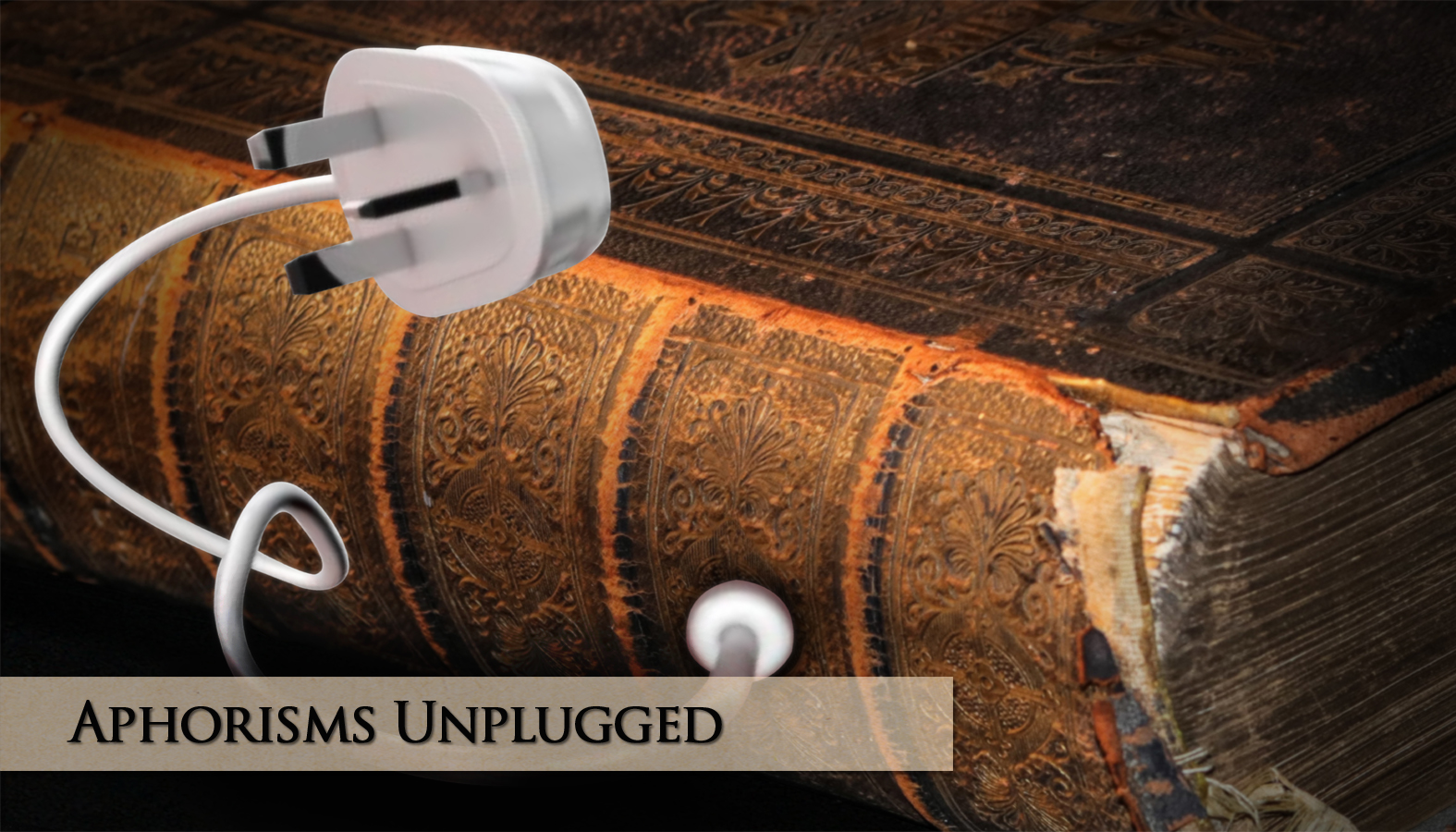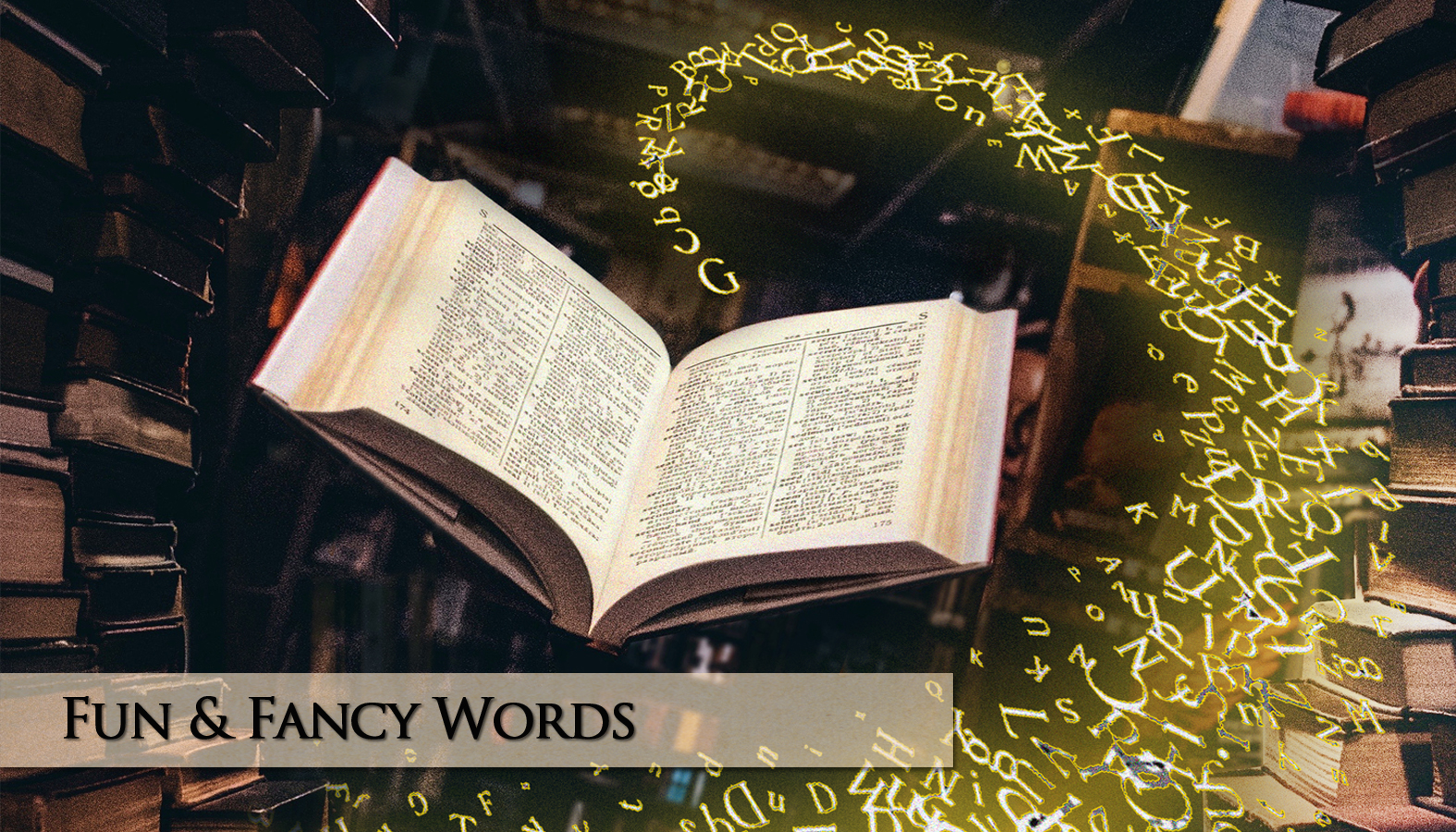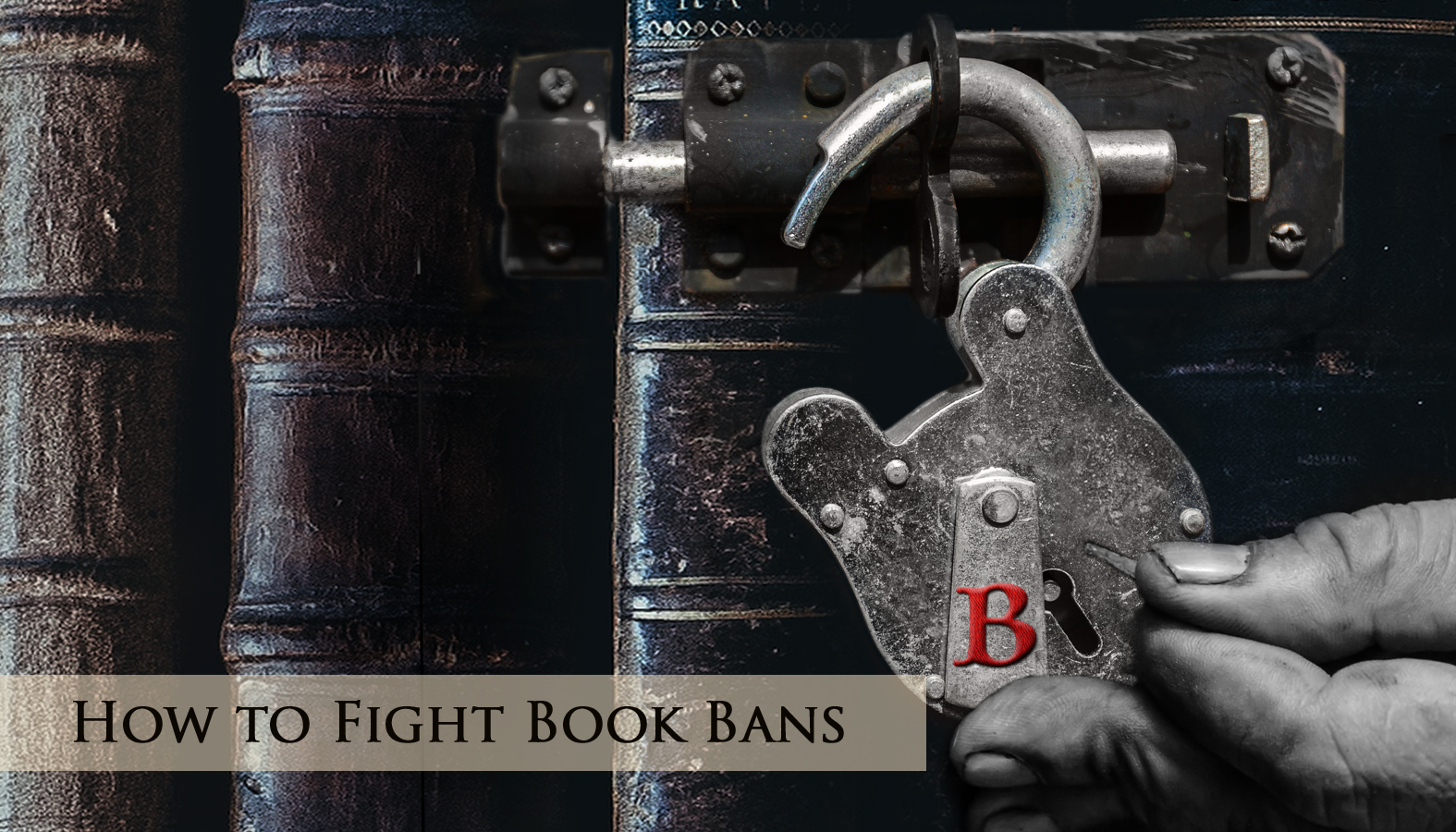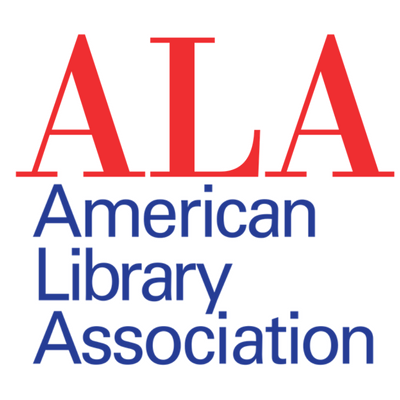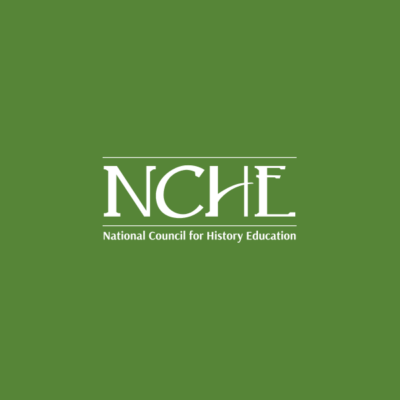Power of Books Author Series: Ryan Estrada
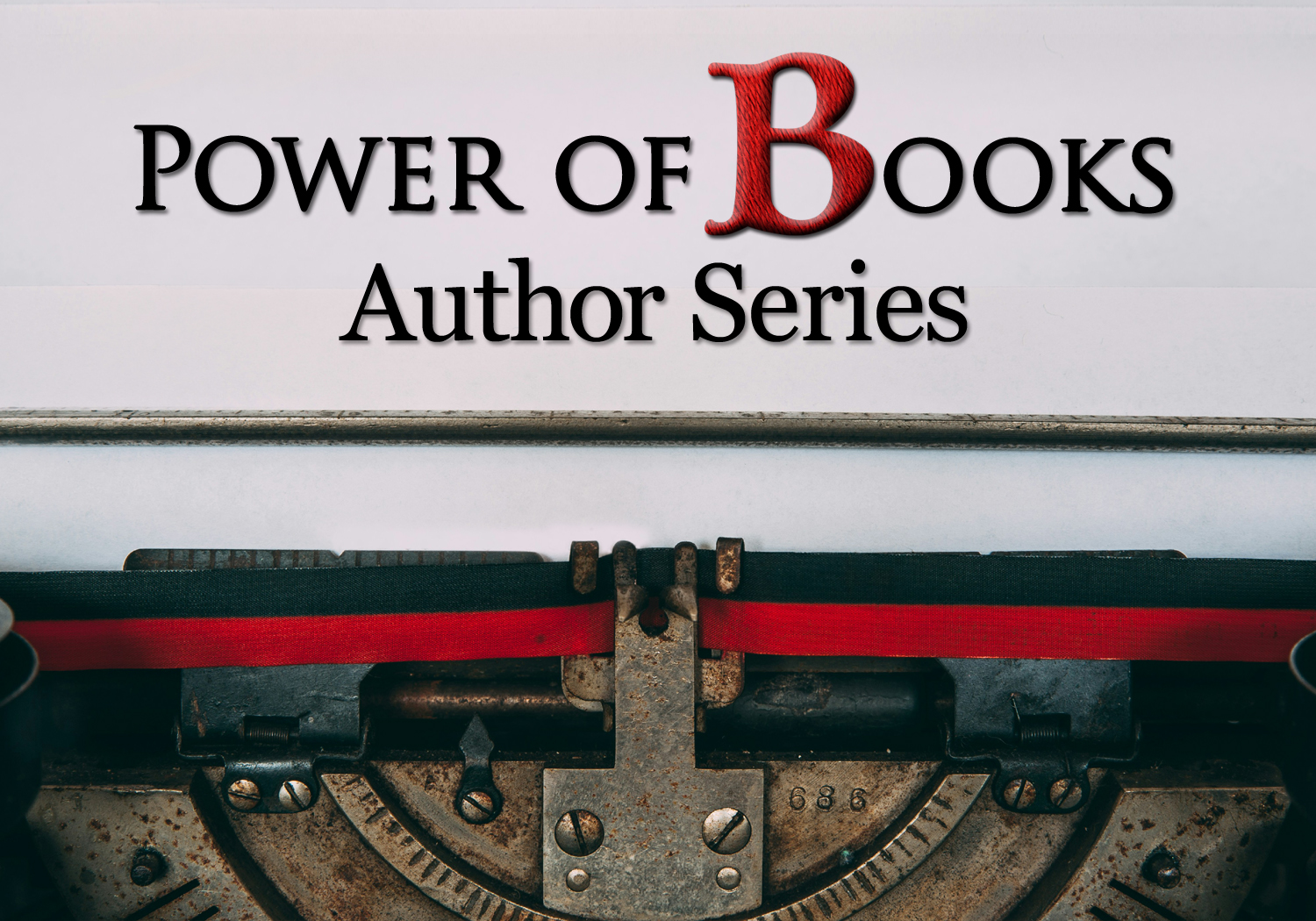
![]() I
I
n this edition of our Power of Books Author Series, we talk with Ryan Estrada about his first-hand experience with book banning. He’s the author of the graphic novels Banned Book Club and Occulted, both of which revolve around the topic of banning books.
Our freedom to read has been under assault for what seems like an eternity. And, the books being banned are consistently those of marginalized voices. Books with diverse characters, primarily characters of color and LGBTQA+ characters were overwhelmingly targeted. And continue to be.
And, the books being banned are consistently those of marginalized voices. Books with diverse characters, primarily characters of color and LGBTQA+ characters were overwhelmingly targeted.[1] And continue to be.
Throughout this collection of conversations with authors, we talk about the power of books, and the question of why it’s important for stories containing characters that have diverse backgrounds and life experience to be told.
In considering this vital question, we also touch on the dangers of restricting or erasing these narratives – what damage is being done when books about diversity are banned and reading is restricted?
Needless to say, each of the authors in this series brings s different perspective and life experience to the conversation, adding nuance and depth to the combined answer of why it’s important for stories about diverse lives to be told… as well as the dangers that arise when they’re expunged from our national discourse.
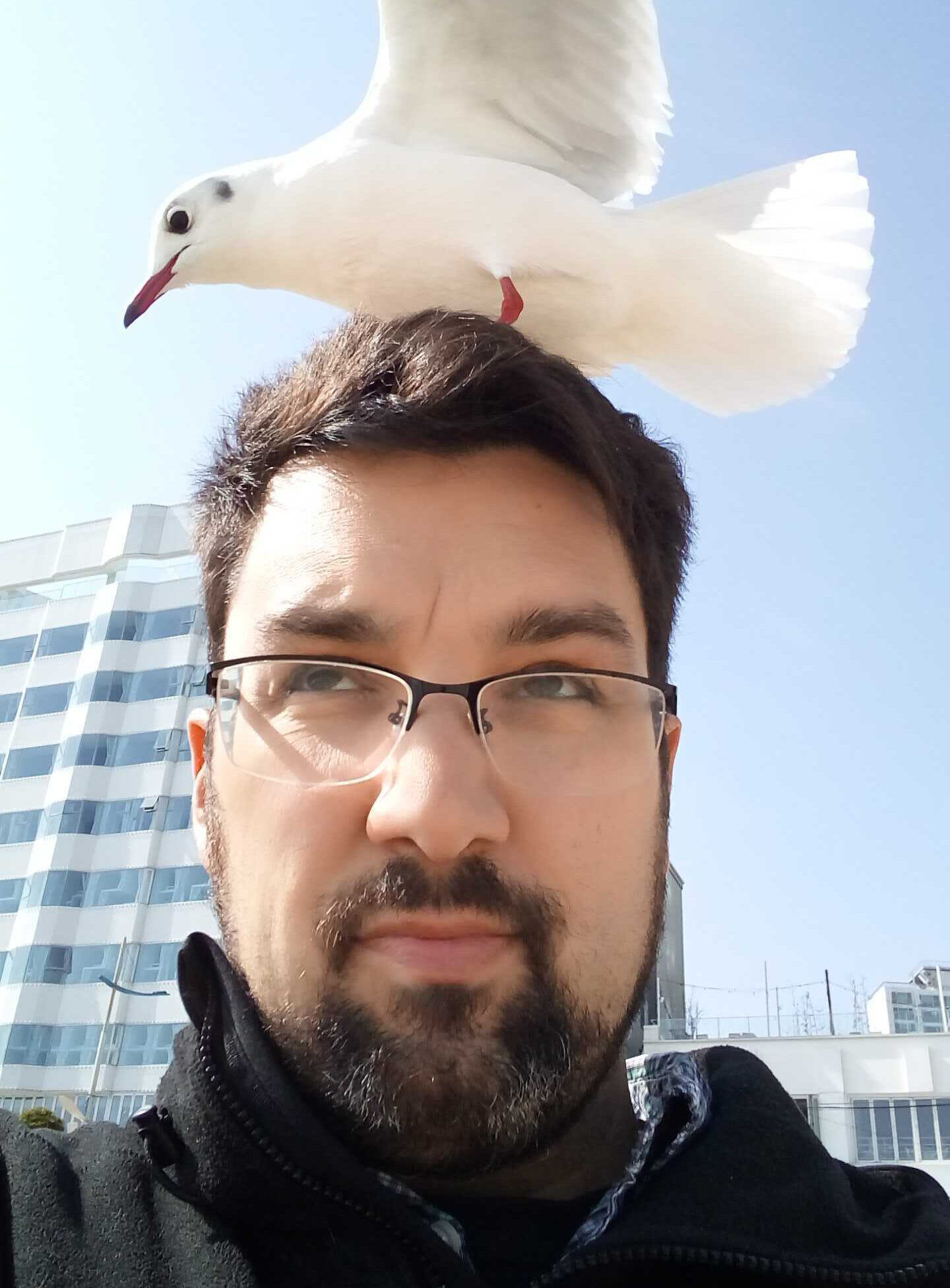 .
.
Ryan Estrada is an artist, author, and adventurer. His books include Banned Book Club, Occulted, and the Student Ambassador series. He has worked for Star Trek, Popeye, Flash Gordon, and Garfield.
https://ryanestrada.com
The graphic novel Banned Book Club is co-authored by the husband-and-wife team Kim Hyun Sook & Ryan Estrada, and illustrated by Ko Hyung-Ju. It’s based on Hyun Sook’s college experience in South Korea during the 1980s regime of Chun Doo-hwan. Chun was a military strongman who, as authoritarians are wont to do, fortified power through “censorship, torture and the murder of protestors.”[1]
As the title makes clear, Banned Book Club revolves around Hyun Sook and a group of students who gather to read and discuss works prohibited by Chun’s authoritarian government. They read works like The Feminine Mystique, Cry of the People and Other Poems, and The Motorcycle Diaries.
Embedded in Hyun Sook’s story is a brief history of Korea’s authoritarian political environment during this period. And depictions of book club members’ encounters with police make the consequences of reading prohibited books crystal clear. They are surveilled, harassed, and often tortured when suspected of possessing restricted material. Readers find a lot to think about – government, democracy, access to information, but also literature, family, resilience, and much more.
Banned Book Club is a Freeman Award-winning work (which recognizes books for children and young adults that contribute meaningfully toward an understanding of East and Southeast Asia).[2] And it was nominated for an Eisner Award (commonly referred to as the Academy Awards of the comics industry).[3]
Like so many other books with such well-deserved accolades, it was recently banned – removed from the shelves of the Clay County, Florida school district along with more than 100 other titles. Why was Banned Book Club banned? The usual reason given, “protect[ing] children,” who according to single challenger Bruce Friedman (president of Florida’s chapter of No Left Turn in Education), will end up with “damaged souls” as a result of reading them.
What were Friedman’s specific objections to Banned Book Club? “Anti-police sentiment,” and the claim that it “creat[es] dangerous anarchists in our schools” (hence the “damaged souls.”)[4] Fortunately, a re-organized challenge oversight committee restored Banned Book Club to Clay County school libraries.
Regrettably, but perhaps not surprisingly given the politicized movement behind recent book bans, it’s on another list… this time one in Michigan.
I was lucky enough to chat with co-author Ryan Estrada about Banned Book Club, and book-banning generally. It’s a topic that also runs through his latest release Occulted, the harrowing memoir of a cult-survivor he wrote with Amy Rose, which depicts how reading banned books helped a young girl escape from a cult.
Based on your experience, what is the danger of banning books?
![]()
My first experience with book banning was when I was in middle school, and I did what was supposed to be my first comic for the school newspaper. It got banned from the school newspaper because it was about a friendly bug called Wendell the Wasp, and the principal had it banned because it was offensive to White Anglo-Saxon Protestants. I was baffled, and thought “sir, I am twelve years old, I do not know what that means.”
So, from that experience I thought banning books was this weird, silly thing. I didn’t think about how disastrous it could be. When I heard about a book being banned, I just thought “that’s silly, people are just going to buy more copies.”
When I started working on Banned Book Club, it wasn’t because it was a topic I was passionate about. I wrote that book because I found out what had happened to my wife and was blown away by this experience I didn’t know anything about.
I got to interview her and all the other people she was in the banned book club with. All these amazing people had sacrificed so much, it became important to me because I was entrusted to tell their story. That lead right into Occulted with my friend Amy, when I found out she had a similar story.
After all these people had trusted me with their stories, I saw how history repeats itself over-and-over again, especially what’s happening in Florida when Banned Book Club got banned there. I started looking into it and realized that history was very much repeating itself, in that, I was hearing things said about my book that are written in my book.
When I researched it, I realized it’s not just about books. First they go after the books, then they go after the people. In Banned Book Club I learned they would try to put people in prison for having books, and in Florida they’re threatening to put librarians in prison.[5] With Occulted, I learned that when Amy read books prohibited by the cult, they took her from her family.
I learned that it’s a very dangerous red flag, when people are banning books it shows the people are next. When I started this book tour, that was very much a hypothetical. But now, everything in these books is repeating in terrifying ways. That’s a very long answer to the question you asked, but…
It isn’t a simple question. And it requires an extensive answer, because on the surface it seems like “aw, what’s a book,” which is something that’s said all too often. But as you point out, book banning is a red flag for larger issues.
![]()
What I also realized from writing these books is that Hyun Sook did not know she was growing up in a dictatorship until she read those books. Amy did not know she was growing up in a cult until she read those books. Books that are challenging or that certain people don’t want kids to read can alert them to the fact that they’re in a bad situation, and something needs to change.
These are the books that can save kids’ lives. In Occulted a lot of terrifying things happen that I’m sure a lot of people think kids aren’t ready for. But, I happen to know a kid who was in that situation, and it was books exactly like those that saved her life.
It was not an easy book for Amy to write – she was reliving the worst trauma of her life. Every time she had to do a draft, she couldn’t sleep for a month. Working with Amy, we very much had to plan the schedule so I would have the book for a period of time when she wouldn’t have to think about it. It took her a while to decide if she was going to do that. And I think she decided to because she hoped she would write something that could save a life, just like those books had saved hers.
What an incredibly brave and difficult thing to do. To your point about Hyun Sook and Amy not being aware of the situations they were in… “We have to protect the children” is touted as the motive for banning books. So, they mustn’t be exposed to topics like the ones you talk about.
Sexual abuse is another subject that draws fire. But, if you aren’t making your adolescent aware of what to be on the look-out for, you’re setting them up for the very thing you’re trying to shield them against. They need that information to be armed.
![]()
In those situations, they do – and they don’t recognize that they’re in those situations.
We touched on it earlier, but why do you think book banning has become so pervasive?
![]()
I think the reason it’s become so pervasive is that there’s a very organized movement to make it happen right now. I’ve done so many book talks and a lot of the people ask what they can do, and I tell them that it’s complicated and to support your library, etc. But recently, I got to do one for the press, where I was speaking directly to the press, and I thought “ooh, I finally have an answer – stop repeating their lies!” Because the news reports are consistently about how one concerned parent is fighting back.
That’s what the news reports are about in Florida where my book was banned, one concerned parent – except the challenger does not have a child in that school district. And he is not from that city. He moved there from New York when he was given a donation to open a branch of No Left Turn in Education.
This is a very organized thing, and what’s the statistic… 60% of all book challenges were filed by just 11 people. And he’s one of those eleven. Most of the time these parents don’t have children in these school districts, so I don’t know why we’re calling them parents. People talk about book banning and keep repeating the stories about concerned parents and pornography, when it’s actually focus groups trying to sound scary and come across as noble. It’s a political movement by a tiny handful of people.
At the American Library Association’s recent Right to Read Rally, Dr. Ibram X. Kendi quoted Henry Ward Beecher about ignorance (defined as lacking information or particular knowledge) and how it can become an institution. Beecher pointed out that in the slaveholding Southern states, schoolbooks containing material adverse to slavery were “expunged” from classrooms.
Beecher went on to say, these books were forbidden because it was understood that impressions you get as a child stay with you the longest. So, they squashed informed thinking by restricting information that let kids know slavery was not the benevolent institution they were making it out to be. To your earlier observation about history repeating itself, we’ve seen it before, and the slave-holding South is just one example of such tactics.
![]()
That’s what I learned about South Korea – there the pretense was “we’re just getting rid of communist propaganda.” And that, of course, wasn’t true because any kid could pick up a book about democracy and realize “we don’t have any of this.” Their lies are easy to disprove, so they ban books that tell the truth about what they claim to be giving you. That’s exactly what they’re doing now – with the pretense “it’s pornography.”
Indoctrination is another common pretext for banning books.
![]()
My favorite one – well, the one that’s fascinating to me is – the guy who got our book banned, also got a book called Zen Shorts banned, a Scholastic children’s book about kindness illustrated with cartoon bears. And the story he used as an example, is a story about a thief that breaks into an old man’s house (they’re played by a raccoon and a bear). The thief wants to rob the old man, but the old man’s poor so he has nothing to steal. The old man wakes up, and instead of chasing the robber away he says “you must be cold, let me give you my jacket. It’s all I have to give, I wish I could give you more.”
That’s it. It’s a simple story. There’s a version of it in the Bible. Every culture has a version of this story. And he got the book banned because its radical empathy is incompatible with Christianity – and that makes it indoctrination. To make it not indoctrination, the book should teach the Castle Doctrine… so people know they can shoot the cartoon raccoon in the face.
Two interesting things come to mind. First, to your point, the bear giving the raccoon his jacket is a very Christian thing to do. And ironically, (as indicated on the challenge document), the challenge is founded on his objections “as a Christian.” Second, the book is painted as indoctrination (which can’t be tolerated), but the Castle Doctrine should be taught.
![]()
Yeah, the sentence following the word indoctrination has the word doctrine in it. It cracks me up. This is my favorite book banning story because it’s how I educate people who have bought into what they heard on media that the pretext isn’t true. My response to them is “Well, let me tell you about this one book.” After they hear this story they get it, that it’s pretense and lies – disinformation.
The problem is… we care about the truth. That’s why we want books out there. They can just call it porn and walk away. How do you debate that?
What advice would you give people you’ve enlightened about the politicization of book banning, and the disinformation used to rally the public?
![]()
The first thing I would tell them is to support libraries generally. Just walk into your library – great. Make sure your library card is up to date – great. Check out a book – great. All these things, even checking out a book on your phone, shows that your library is used. And those numbers showing how much the library is used, determine how much of a budget they get.
Use your library card to check out books that are being challenged. So if a book is challenged in your community, your librarian can say “look, this book has been checked out X-number of times, this community is getting use out of it. Why would we take it off our shelves?”
If you read a book and appreciate it being there, say something. Tell your librarian, and ask if there’s a platform to submit that sentiment where it would be helpful. Librarians are cool. Just talk to librarians.
Also support your library outside the library, by going to school board meetings and talking about it. School board meetings, city board meetings, wherever there’s a place for people to give comments, talk about how much you appreciate your library and the books they have. Because I guarantee there are people talking about the library at those meetings, but they’re the ones screaming about (nonexistent) pornography, and groomers, and pedophiles.
And it really matters if you’re from that community. When our book was banned in Clay County, Florida, I watched the videos. They livestream their school board meetings, and every month I watch this guy scream until his face turns read about how we’re all pedophiles. And I’m thinking… now he’s directing that at me, by name.
I live in South Korea, but I contacted them and volunteered to fly 8,000 miles to show up at their school board meeting, just so I could be the speaker after him and say they were doing a good job and the books are great. We were just about to set this up when they suddenly changed their minds. They said, “please don’t come, it’s too scary,” as if there would be too much backlash to me coming in from Korea.
What we did instead was, the Florida Freedom to Read Project helped me set up my own event in a nearby city. We invited politicians, mayoral candidates, faith leaders, and people from different school boards, so the local people would realize how important it is for them to speak out. Because if I came in, the question would be “who’s this outsider stirring up trouble? He’s not one of us.” But if I could convince someone local to go up, they cared because the comments came from someone in the community.
So, it is important to find out where in your area it would be helpful to say something. Ask your librarian, then go there and say it – whether it’s a comment card, or the scariness of standing up at a school board meeting, or filling out something on a website. They’re going to know where the best place for you to support books is.
And tell the media to stop repeating scary stories, lies and disinformation in the name of reporting news.
Human beings’ buttons are easily pushed, that’s for sure.
![]()
And I got to see that in person in Florida when I did that event there. When I did the whole book tour, I did feel like I was preaching to the choir. I wasn’t allowed to go to the school board meeting, and all the things I set up were banned book events. So, if you came, you probably weren’t a person who needs to be reached.
There were a lot of people who came up to me and said they agreed but were afraid to say something, that they’re on a school board, or work somewhere that makes speaking up a problem – or they’re just trying to avoid being labeled a pedophile. But by the end of the event, they’d say “I get it now. It’s gonna be difficult, but I’m going to say something.”
And we all should follow suit!
Be sure to see what the other authors in our Power of Books Series
have to say about the importance of books:
Dr. Michael Datcher,
author of Harlem at Four
Jamie Jo Hoang,
author of My Father the Panda Killer
Edward Underhill,
author of Always the Almost,
and This Day Changes Everything

Share This Post, Choose a Platform!
Endnotes:
[1] Kim Hyun Sook, Ryan Estrada, illustrated by Ko Hyung-Ju. Banned Book Club. Chicago: Iron Circus Comics, 2020. Back cover.
[2] NCTAsia. https://www.nctasia.org/awards/year/2020/
[3] Minuteman Library Network. https://www.minlib.net/booklists/award-winners/eisner
[4] Alverson, Brigid. “’Banned Book Club’ Authors Speak Out After Their Work Is Temporarily Banned in Florida.” May 02, 2023. School Library Journal. https://www.slj.com/story/Banned-Book-Club-Authors-Speak-Out-After-Their-Work-is-Temporarily-Banned-in-Florida
[5] The text of Florida law HB 1467 may not explicitly impose felony penalties, but that doesn’t mean failure to comply can’t result in jail time. Having books in classroom libraries not approved by a “certified media specialist” leaves school librarians and teachers open to charges of a “felony of the third-degree” under Florida statute 847.012 (regarding Obscenity Crimes), which carries a penalty of “a term of imprisonment” for up to 5 years.
School districts are taking this seriously. Administrators have sent guidance to their teachers and staff to remove any unvetted books from classroom libraries until they could be approved, citing urgency based on the Obscenity statute mentioned above. https://www.snopes.com/news/2023/02/01/felony-charges-unapproved-books/ , https://www.flsenate.gov/Session/Bill/2022/1467/BillText/er/PDF , http://www.leg.state.fl.us/Statutes/index.cfm?App_mode=Display_Statute&URL=0800-0899/0847/Sections/0847.012.html

